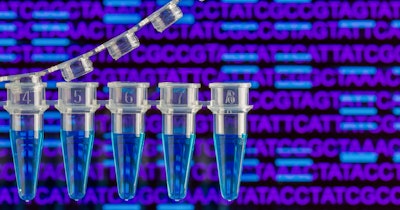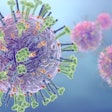
Qiagen has announced a collaboration with the FBI to develop a new assay to improve DNA quantification for use in forensics and human identification.
In a statement, Qiagen, headquartered in Venlo, the Netherlands, said that the partnership aims to develop a digital polymerase chain reaction (PCR) assay for its QIAcuity devices that will be able to quantify in absolute terms nuclear and mitochondrial DNA concentrations and male DNA, as well as include quality markers for degradation and inhibition. Furthermore, it will be able to work with minimal amounts of DNA.
Forensic samples may contain very small amounts of DNA, which may be compromised through age or environmental factors. Accurate DNA quantification in casework samples is critical in next-generation sequencing (NGS) analysis. NGS is particularly important for analyzing mitochondrial DNA in traces without nuclear DNA, such as shed hairs, aged bones and teeth, or environmentally exposed samples, and therefore critical in identifying human remains.
The QIAcuity platform uses nanoplates to disperse a sample and then counts the presence or absence of DNA molecules. According to the firm, its digital PCR technology cuts processing times significantly, generating results in two hours.
Qiagen offers an integrated range of forensic solutions using PCR, digital PCR, and NGS technologies. The company further expanded its forensic range with the 2023 acquisition of Verogen.
The FBI has previously approved Qiagen's ForenSeq Mainstay workflow, enabling accredited forensic DNA laboratories to process DNA casework samples and search results against the U.S. National DNA Index System CODIS database.



















